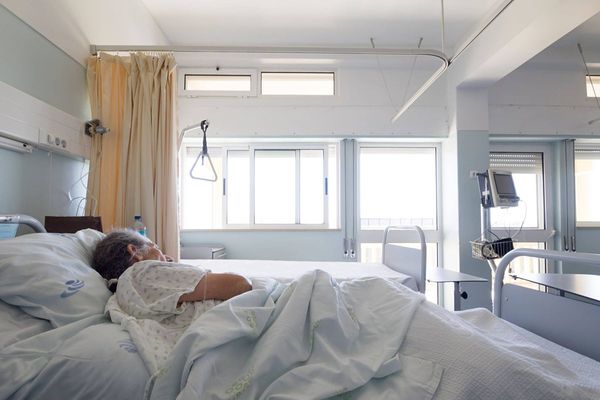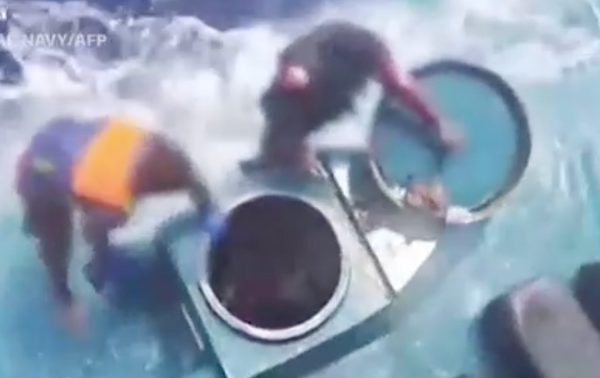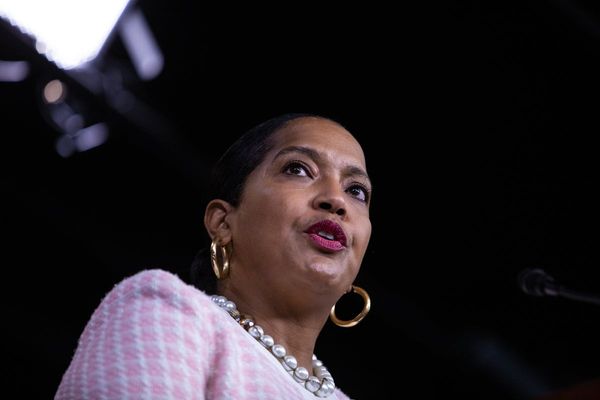
Four years ago, when Mary (not her real name) was 12, her foster family decided they didn’t want her to live with them any more.
She was put into residential care without being told why.
She smashed a pan in the street — an emotional outburst filled with fear and a longing for the only home she had known. Already out on bail, she was charged for wilful property damage and being armed in public so as to cause fear.
Residential care has not been kind to Mary, and as she started to act out she was repeatedly arrested and put on remand. About 80% of all Queensland children in detention are on remand and not yet found guilty of crime. Like Mary, 62% of them are Indigenous.
However, it is the new youth bail plan introduced by the Queensland Labor government which will criminalise breaches of bail for youth offenders that has terrifying consequences for children like Mary.
On one harrowing occasion Mary found herself confined to an address as a condition of her bail. She was to be under the supervision of a man who had previously sexually assaulted her. When she contacted the Department of Children, Youth Justice and Multicultural Affairs, Mary said she was given two impossible options: stay in the vicinity of her abuser or go back to detention.
She ran.
Under the new legislation, this would make her a criminal.
Debbie Kilroy OAM, CEO of Sisters Inside who help represent incarcerated women and children, said Mary’s experience was nothing new. “The government know these stories,” Kilroy told Crikey. “They are plentiful. It is just easier to ignore them.”
Often lawyers engaged by Sisters Inside have had to appear in the Supreme Court against police who consistently argue for bail to be revoked for children charged with crimes.
The United Nations states that detention “shall be used only as a measure of last resort“.
When lawyers applied for bail on Mary’s behalf, the department claimed it could not provide a permanent address for her. Because no one will foster her, and the courts will not release her to NGOs like Sisters Inside as the state is considered her legal guardian, it can refuse bail. So she remains incarcerated, and the cycle continues.
As Guy Rundle wrote last week: “We’re turning out hoods like we once did Holdens, in the shade of the sacred (and vanished) tree of Barcaldine.”
The Queensland government has argued the legislation is to stop the cycle of youth offending, but there remains a decidedly minimal amount of evidence that these reforms will succeed. Instead, Kilroy laments that it “will destroy lives”.
“We need to defund prisons and escalate funding for the strategies that work,” she said. “You can’t keep doing the same thing and expect a different result.”
Queensland’s human rights commissioner Scott McDougall agreed: “The measures introduced are predicated on a flawed perception that recidivist children will respond positively to punitive measures.”
There is a raft of issues with the legislation, which also bypass the state’s human rights protections. Less than a fortnight ago, the Labor government was denying these laws work. Tourism Minister Stirling Hinchliffe argued that “breach of bail is not something that has achieved any outcomes”.
Throughout the state, one-third of the juveniles targeted by this crackdown happen to be under child protection orders. Many have the state as their guardian. Effectively, the department is prosecuting children who are in its care.
Experts argue this is simply a race to the bottom, with Labor caving into political pressure to outdo the LNP. However, unlike in the halls of the Queensland Parliament, this legislation isn’t a game that can be won at the polls. It impacts some of the most traumatised and vulnerable people in the state.
Kilroy calls it a failure that the state cannot look after the 400 or so children who are responsible for 50% of youth crime in Queensland.
“Sisters Inside works intensely with girls and we move them out of the system very easily,” she said. “Children want to be cared for, to be valued and when they aren’t they will act up.”
For children like Mary, this failure has resulted in her, aged 16, spending considerable time behind bars. Kilroy laments that adult prison is the likely result for Mary when she reaches 18.
“The state intervenes in their lives, pipelines them into so-called care and then into prison and then adult prison,” she said. “Nothing changes if nothing changes.”







